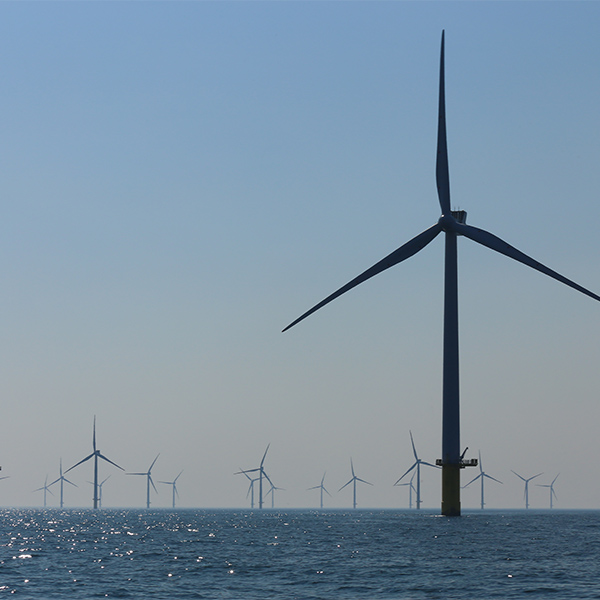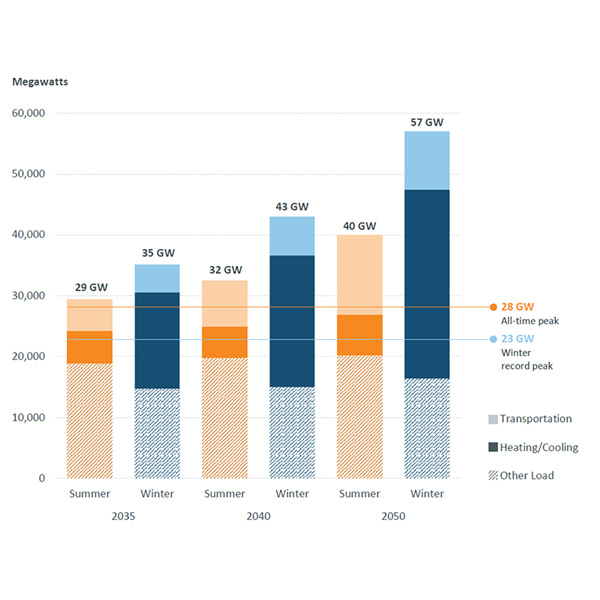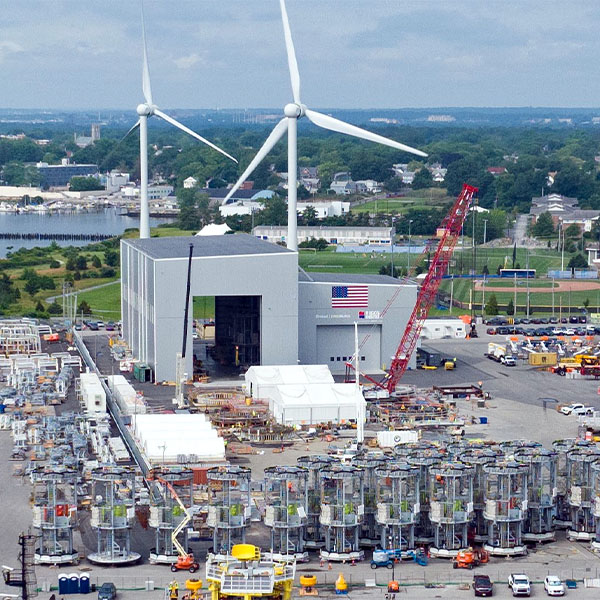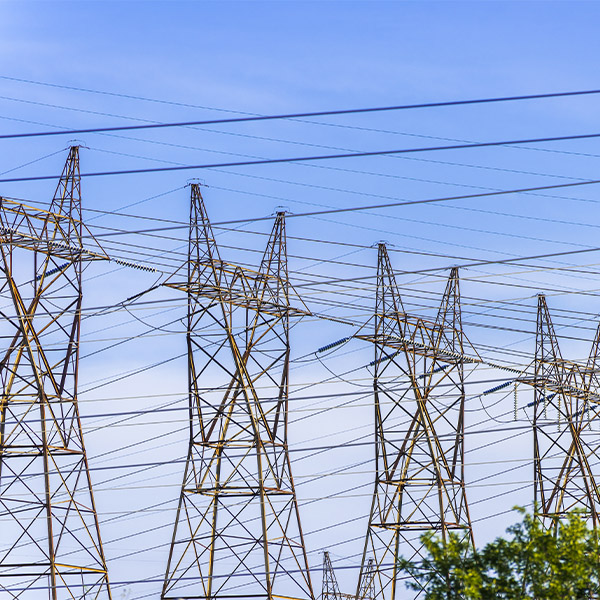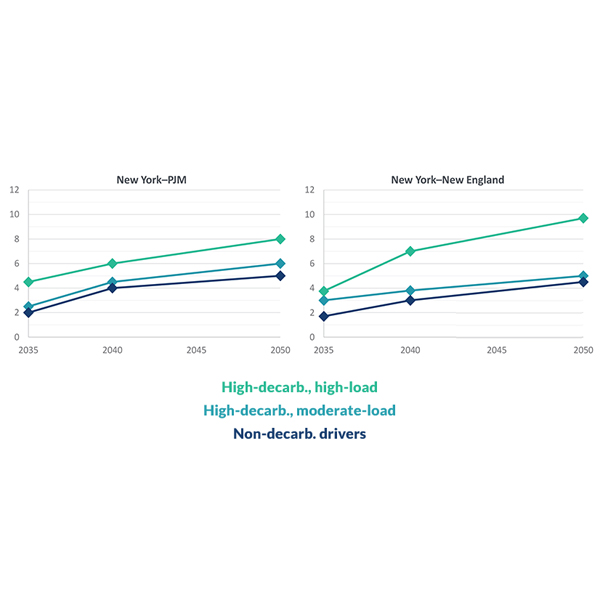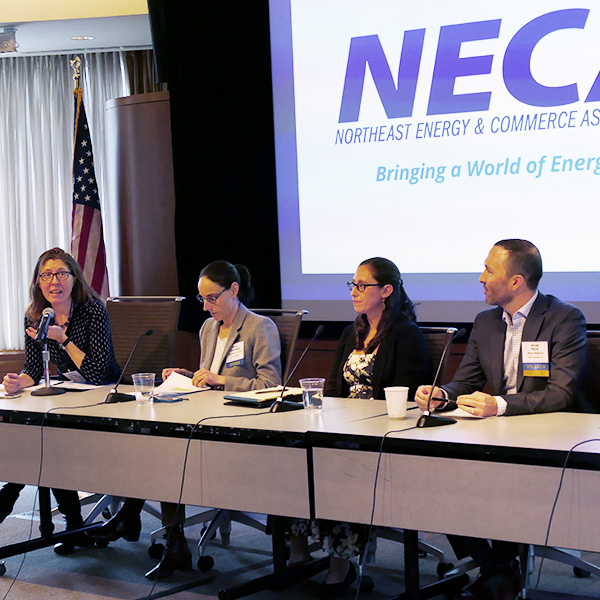Rhode Island
Debates about affordability continue to dominate state-level energy policy debates throughout New England, shifting the focus away from decarbonization, a panel of experienced lobbyists said.
Two new studies released by advocates on opposite sides of the clean energy debate reach opposite conclusions about the economic benefits of renewables.
Revolution Wind’s developers are seeking an emergency injunction against the federal stop-work order slapped on the offshore wind project.
ISO-NE warned any significant delay of the Revolution Wind project will increase risk to the reliability of the New England grid and undermine the region’s economy.
New England’s offshore wind ambitions were dealt a further setback as contract negotiations under way for most of the past year were extended again, potentially into 2026.
New England utility regulators warned that knee-jerk reactions to backlash over high winter costs could create long-term consequences for customers.
Officials from members of the Northeast States Collaborative on Interregional Transmission expounded the group’s strategic action plan.
The Northeast States Collaborative on Interregional Transmission released a strategic action plan for creating an interstate planning process for transmission projects that span the seams of their grid operators.
Uncertainty around federal funding, permitting approvals and tariffs is creating major challenges for clean energy development in the Northeast, industry representatives said at NECA’s annual Renewable Energy Conference.
Government affairs experts previewing New England’s 2025 legislative sessions outlined some key policy overlaps and notable differences among states during a webinar held by the Northeast Energy and Commerce Association.
Want more? Advanced Search
